Jos Van Veldhoven - Bach: St. John Passion (2005) [Hi-Res]
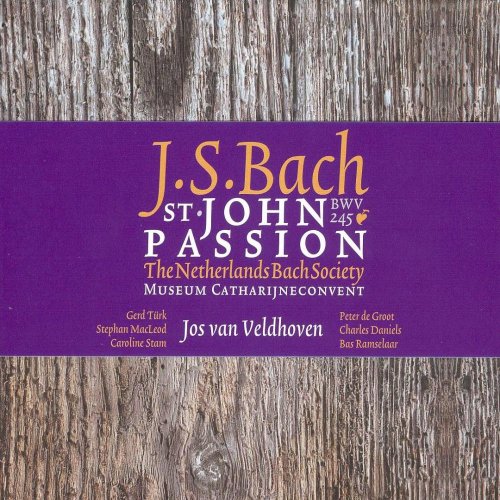
Artist: The Netherlands Bach Society, Jos Van Veldhoven
Title: Bach: St. John Passion
Year Of Release: 2005
Label: Channel Classics
Genre: Classical
Quality: FLAC (tracks, booklet) [192kHz/24bit] / FLAC (image + .cue, log, artwork)
Total Time: 1:51:34
Total Size: 3.14 GB / 722 MB
WebSite: Album Preview
Title: Bach: St. John Passion
Year Of Release: 2005
Label: Channel Classics
Genre: Classical
Quality: FLAC (tracks, booklet) [192kHz/24bit] / FLAC (image + .cue, log, artwork)
Total Time: 1:51:34
Total Size: 3.14 GB / 722 MB
WebSite: Album Preview
In 1980, American musicologist Joshua Rifkin, until then known largely for performances of Scott Joplin that a ragtime audience of 1905 would have found incomprehensibly stiff, offered a one-voice-to-a-part performance of Bach's Mass in B minor. One wag dubbed it the "Madrigal in B minor," and ever since then the debate has raged among those who pursue historical performance authenticity as a kind of Holy Grail. Rifkin argued that Bach didn't think of soloists in the modern sense in his choral works; instead, his soloists (or "concertists") were the lead members of a small group that was filled out by another quartet of "ripienists" in what we would think of as the choral passages. British conductor Andrew Parrott signed on for the crew in Rifkin's corner, while prolific Dutch Bach interpreter Ton Koopman was one of those arguing for a small choir of perhaps 12 or 16 voices. To keep things interesting, Bach's own writings, and the iconography of the time, are subject to conflicting interpretations. In this sumptuously packaged recording of Bach's St. John Passion, Dutch Bach conductor Jos van Veldhoven weighs in on Rifkin's side, and, just to stir the pot a little more, he eliminates the flutes from the scoring of Bach's work, replacing the flute with a solo violin in the aria "Ich folge dir gleichfalls."
One must say that van Veldhoven makes perhaps the best case so far for the concertist-ripienist approach. He has assembled a top-notch group of lifelong Bach players and singers that manages to be highly expressive within a stripped-down, minimal setting. Among the soloists, countertenor Peter de Groot on Bach's alto part achieves a plausible representation of castrato sound quality, and the vocal blend of this small group of singers is admirable at a purely technical level. Van Veldhoven seems to want to tie Bach's Passion settings to a German tradition of sparse musical treatments that eschewed the influence of Italian opera, and his musical reasoning from this premise is impeccable.
The average listener, however, should know that this kind of interpretation is still considered radical. The disputes that played out in the pages of Early Music magazine in the late '90s have now spilled over to the Internet, if you're interested. The St. John Passion was a work dating from the beginning of Bach's tenure at Leipzig. It had a tortuned history of incomplete and situational revision after that, and if any work of Bach's is suited to the sort of imaginative historical reconstruction attempted here, it may well be this one. But one of the work's fundamental characteristics is a deep intergration of chorales into its musical language -- and the chorale was a kind of music that connoted congregational singing, regardless of whatever highly unusual treatments it received in Bach's hands. Contrary to what van Veldhoven suggests, it's hardly a mark of nineteenth century thinking to expect to hear a chorus of voices as one component of Bach's musical world. Specialists and early music enthusiasts may well find this recording fascinating, but those new to the St. John Passion should sample other versions. ~ James Manheim
One must say that van Veldhoven makes perhaps the best case so far for the concertist-ripienist approach. He has assembled a top-notch group of lifelong Bach players and singers that manages to be highly expressive within a stripped-down, minimal setting. Among the soloists, countertenor Peter de Groot on Bach's alto part achieves a plausible representation of castrato sound quality, and the vocal blend of this small group of singers is admirable at a purely technical level. Van Veldhoven seems to want to tie Bach's Passion settings to a German tradition of sparse musical treatments that eschewed the influence of Italian opera, and his musical reasoning from this premise is impeccable.
The average listener, however, should know that this kind of interpretation is still considered radical. The disputes that played out in the pages of Early Music magazine in the late '90s have now spilled over to the Internet, if you're interested. The St. John Passion was a work dating from the beginning of Bach's tenure at Leipzig. It had a tortuned history of incomplete and situational revision after that, and if any work of Bach's is suited to the sort of imaginative historical reconstruction attempted here, it may well be this one. But one of the work's fundamental characteristics is a deep intergration of chorales into its musical language -- and the chorale was a kind of music that connoted congregational singing, regardless of whatever highly unusual treatments it received in Bach's hands. Contrary to what van Veldhoven suggests, it's hardly a mark of nineteenth century thinking to expect to hear a chorus of voices as one component of Bach's musical world. Specialists and early music enthusiasts may well find this recording fascinating, but those new to the St. John Passion should sample other versions. ~ James Manheim

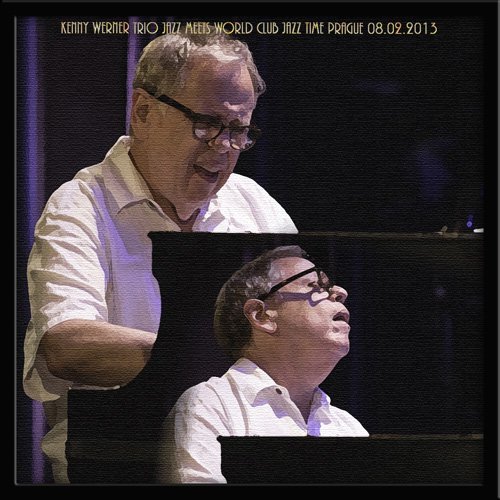
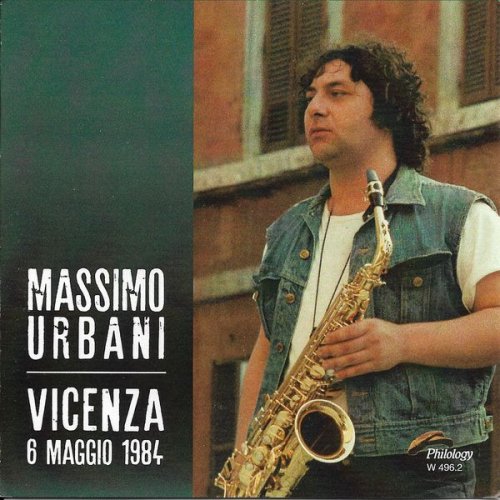

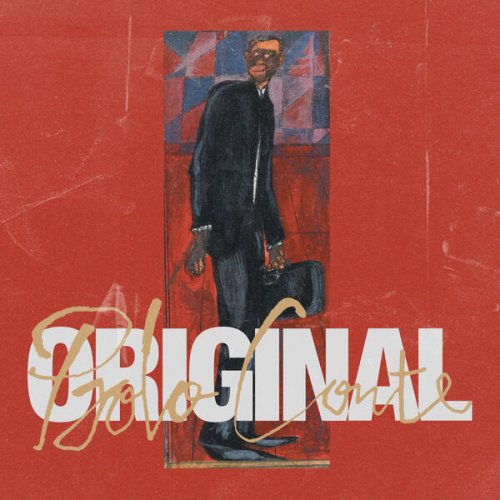

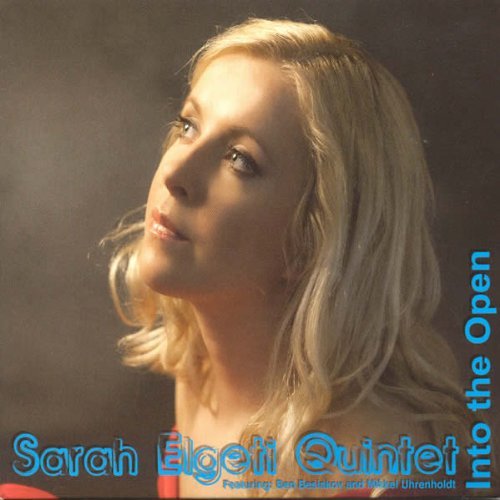
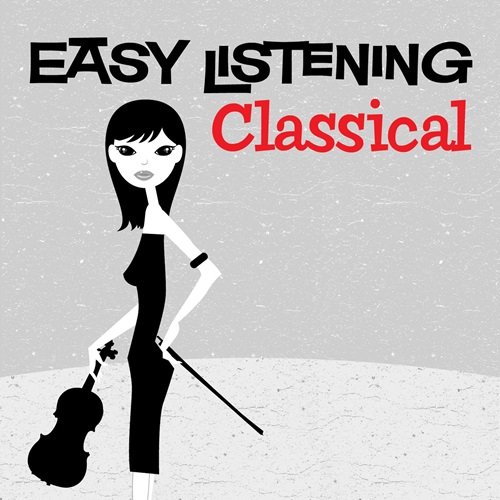
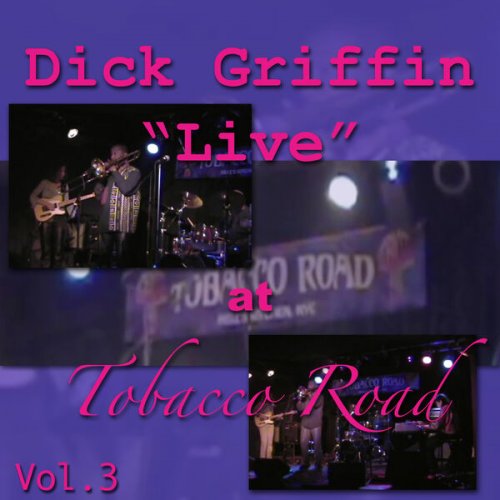
![Louis Matute - Dolce Vita (2026) [Hi-Res] Louis Matute - Dolce Vita (2026) [Hi-Res]](https://img.israbox.com/img/2026-01/10/7o1gz4rkolmyer0yu89vuy268.jpg)